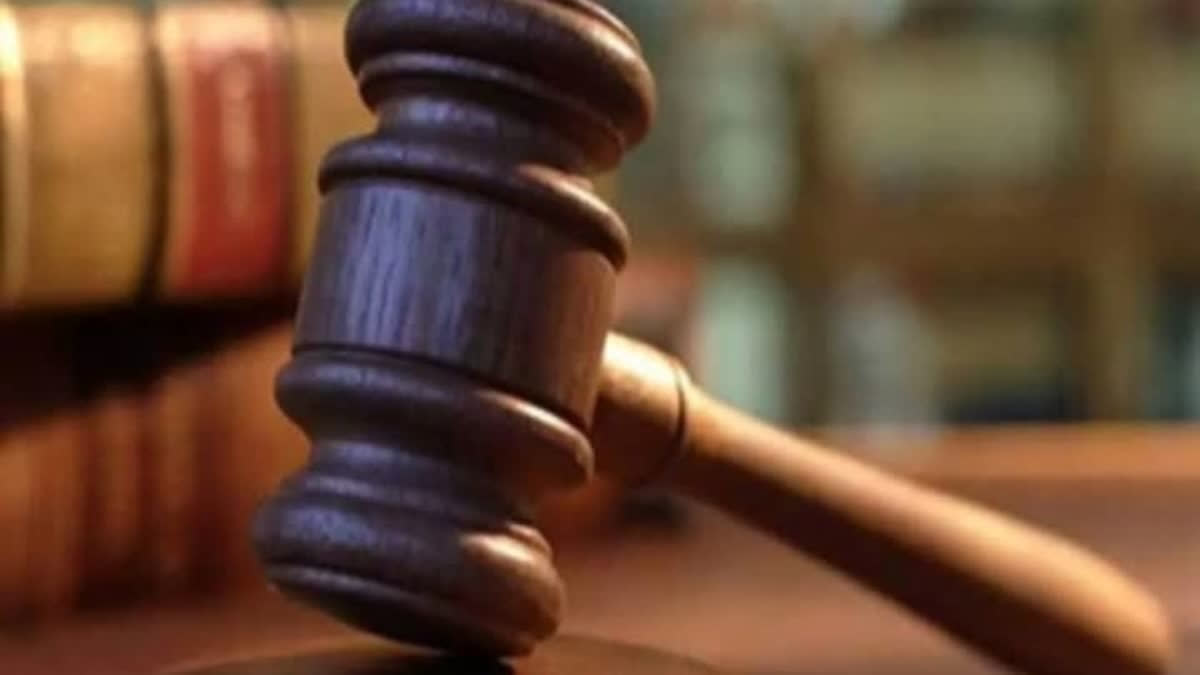New Delhi: The summer vacation of the Supreme Court, which has often faced criticism from various quarters, has been rechristened as "partial court working days".
Chief Justice of India (CJI) DY Chandrachud had recently responded to criticism about judicial "vacations," emphasising that judges remain fully committed to their responsibilities even during breaks.
The Supreme Court has summer and winter breaks each year. However, the top court is not completely closed during these periods. According to the 2025 Supreme Court calendar, partial court working days would start on May 26, 2025, and end on July 14, 2025.
The development, notified on November 5, was part of an amendment in Supreme Court Rules, 2013, which have now become Supreme Court (Second Amendment) Rules, 2024. The notification read, “The length of the partial court working days and the number of holidays for the court and the offices of the court shall be such as may be fixed by the Chief Justice and notified in the official gazette so as not to exceed ninety-five days excluding Sundays”.
The notification said the Chief Justice may appoint one or more judges to hear during partial court working days or holidays, all admissions, after notice, regular matters of urgent nature or such other matters "as the Chief Justice may direct".
During the summer break, the CJI sets up vacation benches to hear important and urgent matters. Notably, the term "vacation judge" has now been replaced with "judge" in the newly amended rules.
Chief Justice D Y Chandrachud, recently at an event, had said: “Judges are not gallivanting or goofing off during vacations. They are deeply committed to their work, even on weekends, often attending functions, visiting high courts, or engaging in legal aid work”.
On May 1, 2024, a bench of justices B R Gavai and Sandeep Mehta said people who criticise the apex court for long vacations don’t know that the judges’ even work the entire week. Solicitor General Tushar Mehta had said that those people are wrong, who criticise high courts and the Supreme Court judges’ for taking long vacations and they do not know how the judges’ function. The apex court was hearing a lawsuit filed by the West Bengal government accusing the CBI of going ahead with its probe without securing the prerequisite state nod.
Justice Gavai said: “People who criticise do not know that we don’t have holidays on either Saturday or Sunday”. Senior advocate Kapil Sibal, representing the West Bengal government, agreed with Justice Gavai. Justice Gavai said apart from handling court matters there are other assignments, some functions and conferences which judges have to attend. “It is the toughest job in the country…the toughest”, said Sibal. Mehta agreed with Sibal.
The long summer breaks in the apex court were a part of the colonial era. During British rule, judges who were unable to handle the summer heat would sail back to England or the mountains, only to return during the monsoon.



